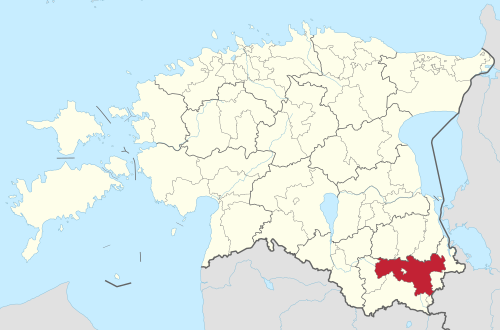We conducted a study commissioned by the National Institute for Health Development to analyze the existing support services and preventive measures for mental health and parenting skills of expecting parents and those with children up to two years old in Estonia. The study also aimed to identify additional necessary measures based on global best practices.
Objectives of the Analysis
The primary objective was to describe three to five highly proven preventive measures and recommend the adaptation of up to two of these measures in Estonia. This involved reviewing high-evidence preventive measures identified in scientific literature over the past five years. For a comparative analysis of Estonian services and evidence-based preventive measures, we conducted a literature review (searching scientific literature and databases, thematic internet searches) and collected additional data through interviews with professionals working with the target groups in Estonia. This provided a basis for identifying the most suitable high-evidence preventive measures for the Estonian context.
Overview of Preventive Measures in Estonia
The analysis revealed several key needs and development opportunities in the field of preventive measures aimed at expecting and new parents:
- Mental Health Skills: Central to supporting parents is helping them manage stress and maintain emotional well-being. It is essential to expand access to mental health support by increasing the number of mental health specialists and extending supplementary training for midwives and primary healthcare workers.
- Parenting Skills: Expanding access to universal preventive measures such as prenatal classes offered by midwives or home visits by midwives for all expecting and new parents is seen as crucial. Flexibility and capacity to offer additional support for more specific needs are important.
- Screening Practices: Expanding and implementing screening practices, including the localization of additional tests if necessary, and providing training and support for midwives and primary healthcare workers is essential. Making these practices mandatory for midwives during prenatal and postnatal visits (at least through the emotional self-evaluation questionnaire EEK-2) is important.
- Regional Reviews: Creating (regional) overviews of evidence-based preventive measures aimed at expecting and new parents, which can be used by both professionals and individuals, is important.
- Mode of Preventive Measures: Home visits are central. Home-based approaches allow specialists to provide support to parents in a familiar and safe home environment.
- Consistent Support Pathway: Ensuring a consistent support pathway for expecting and new parents is important: a system for monitoring pregnancies and early parenthood, especially for high-risk pregnancies/parents.
Suitable High-Evidence Preventive Measures for Estonia
To compare and evaluate the most suitable preventive measures for the Estonian context, additional discussions were held with experts and practitioners. Programs were also evaluated numerically based on selected criteria. The criteria for selecting preventive measures supporting the mental health and parenting skills of expecting and new parents included the programme’s effectiveness and evidence in various countries, the complexity of implementation in the Estonian context, and current gaps and needs.
Based on the selected criteria, the highest ratings were given to the Triple P System (focusing on programs for parents of young children) and Promoting First Relationships. They were followed by Family Foundations, Family Check-Up Toddler, and Attachment and Biobehavioral Catch-Up.
The report is available in Estonian on the webpage of the National Institute for Health Development.




